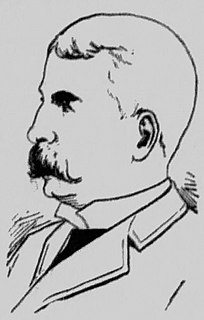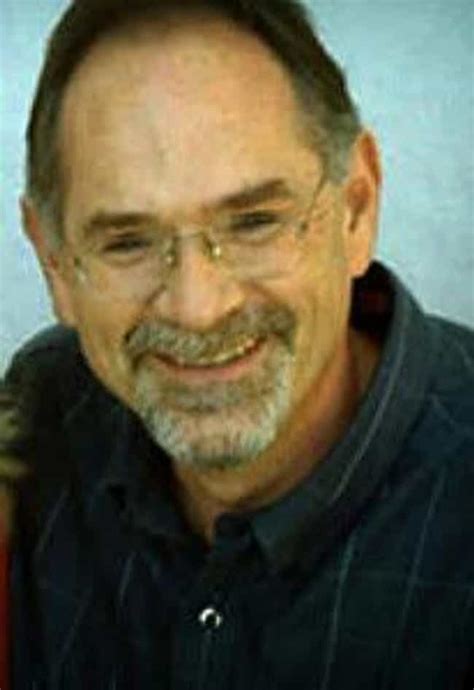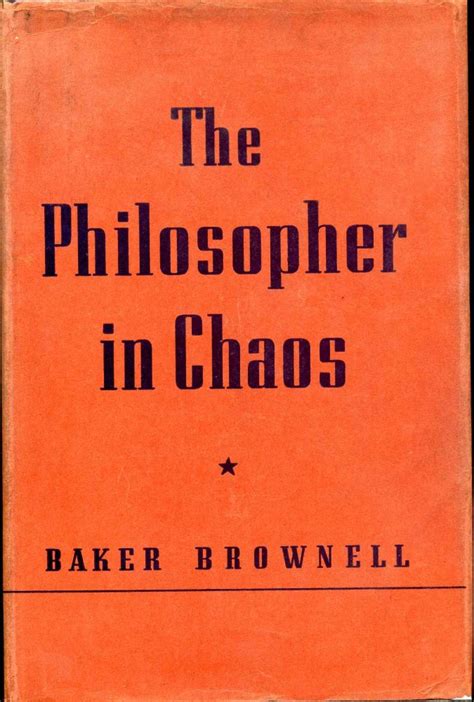Ein Zitat von Raymond Chandler
In allem, was man Kunst nennen kann, steckt eine Qualität der Erlösung. Es kann reine Tragödie sein, wenn es eine große Tragödie ist, und es kann Mitleid und Ironie sein, und es kann das laute Lachen des starken Mannes sein. Aber durch diese gemeinen Straßen muss ein Mann gehen, der selbst nicht gemein ist, der weder befleckt ist noch Angst hat.
Verwandte Zitate
Auf diesen gemeinen Straßen muss ein Mann gehen, der selbst nicht gemein ist, der weder befleckt noch ängstlich ist ... Er ist der Held, er ist alles. Er muss ein vollständiger Mann und ein gewöhnlicher Mann und dennoch ein ungewöhnlicher Mann sein. Er muss, um einen etwas abgedroschenen Ausdruck zu verwenden, ein Mann von Ehre sein, aus Instinkt, aus Unvermeidlichkeit, ohne darüber nachzudenken und schon gar nicht, ohne es auszusprechen. Er muss der beste Mann seiner Welt und ein gut genuger Mann für jede Welt sein
Geld allein ist nur ein Mittel; es setzt voraus, dass ein Mann es benutzt. Der reiche Mann kann gehen, wohin er will, sich selbst aber vielleicht nirgendwo erfreuen. Er kann eine Bibliothek kaufen oder die ganze Welt besuchen, hat aber vielleicht weder die Geduld zum Lesen noch die Intelligenz zum Sehen ... Der Geldbeutel kann voll und das Herz leer sein. Vielleicht hat er die Welt gewonnen und sich selbst verloren; und mit all seinem Reichtum um ihn herum ... kann er ein ebenso leeres Leben führen wie jeder zerfetzte Grabenbesitzer.
Natürlich ändern sich meine Stimmungen, aber der Durchschnitt ist Gelassenheit. Ich habe ein festes Vertrauen in die Kunst, ein festes Vertrauen darin, dass es sich um einen mächtigen Strom handelt, der einen Mann zu einem Hafen trägt, obwohl er selbst auch seinen Beitrag leisten muss; Auf jeden Fall halte ich es für einen so großen Segen, wenn ein Mann seine Arbeit gefunden hat, dass ich mich nicht zu den Unglücklichen zählen kann. Ich meine, ich mag in bestimmten relativ großen Schwierigkeiten stecken und es mag düstere Tage in meinem Leben geben, aber ich möchte nicht zu den Unglücklichen gezählt werden, und es wäre auch nicht richtig, wenn ich es wäre.
Am wichtigsten ist jedoch der dritte Weg zum Sinn des Lebens: Selbst das hilflose Opfer einer aussichtslosen Situation, das einem Schicksal gegenübersteht, das er nicht ändern kann, kann über sich selbst hinauswachsen, über sich hinauswachsen und sich dadurch verändern. Er könnte eine persönliche Tragödie in einen Triumph verwandeln.
Ich sage Ihnen die Wahrheit: Ein Mann darf sich nicht selbst zum König machen; Nur der Segen dessen, der das Königtum innehat, kann einen Mann zu dieser hohen Stellung erheben. Denn Souveränität ist ein heiliges Vertrauen, das nicht getauscht oder verkauft werden darf; noch weniger darf es gestohlen oder gewaltsam entwendet werden.
Möglicherweise gewinnen Sie den Super Bowl nicht. Ihre Kinder werden möglicherweise keine Ärzte und Anwälte, und es kann sein, dass nicht alles perfekt läuft. Das bedeutet nicht, dass es ein schlechter Plan oder die falsche Sache war. Es ist wie eine Fußballsaison. Es wird nicht alles perfekt laufen.
Kunst entsteht in jenen seltsamen Handlungskomplexitäten, die man Menschen nennt. Es ist eine Art menschliches Verhalten. Als solches ist es keine Magie, es sei denn, Menschen sind magisch. Es geht ihr auch nicht um Absolutes, Ewigkeiten, „Formen“, jenseits derjenigen, die im Kontext des Menschen liegen und seinen Wechselfällen unterworfen sein können. Kunst ist kein innerer Bewusstseinszustand, was auch immer das bedeuten mag. Es handelt sich im Wesentlichen auch nicht um eine überragende Form der Kommunikation. Kunst ist menschliches Verhalten, und ihre Werte sind im menschlichen Verhalten enthalten.
Was auch immer Anlass zur Meinungsverschiedenheit gibt, es gibt eine Tat des Bösen, über die dies nicht möglich ist, nämlich die Tat, die kein Mensch anderen gegenüber begehen und die niemand sanktionieren oder vergeben kann. Solange die Menschen den Wunsch haben, zusammenzuleben, darf kein Mann die Initiative initiieren – hörst du mich? Kein Mensch darf anfangen – die Anwendung physischer Gewalt gegen andere.
Es gibt eine gewisse Stille, die von einem leblosen Gegenstand ausgehen kann, wie von einem kürzlich benutzten Stuhl, von einem Klavier mit altem Staub auf den Tasten oder von allem, was den Bedürfnissen eines Menschen nach Vergnügen oder Arbeit entsprochen hat. Diese Art von Stille kann sprechen. Seine Stimme mag melancholisch sein, aber das ist nicht immer so; denn der Stuhl könnte von einem lachenden Kind verlassen worden sein oder die letzten Noten des Klaviers könnten laut und fröhlich gewesen sein. Wie auch immer die Stimmung oder die Umstände sein mögen, die Essenz ihrer Qualität kann in der folgenden Stille nachklingen. Es ist ein lautloses Echo.
Ich bin vielleicht nicht lustig. Ich bin vielleicht kein Sänger. Ich bin vielleicht keine verdammte Näherin. Ich könnte Diabetes haben. Möglicherweise habe ich eine wirklich schlechte Sehkraft. Ich habe vielleicht ein Bein. Ich kann vielleicht nicht lesen. Ich weiß möglicherweise nicht, wer der Vizepräsident ist. Ich könnte technisch gesehen ein Ausländer des Staates sein. Ich habe vielleicht einen Zune. Ich kenne Excel vielleicht nicht. Ich bin vielleicht zwei Neunjährige im Trenchcoat. Möglicherweise habe ich nicht die volle Kontrolle über meinen Darm. Vielleicht fahre ich einen 94er Honda Civic. Möglicherweise „bekomme“ ich keine Kameras. Ich kann meine Haare mit Wasserstoffperoxid färben. Vielleicht habe ich Angst vor Bäumen. Vielleicht stehe ich gerade in Flammen. Aber ich bin eine wilde Königin.





































